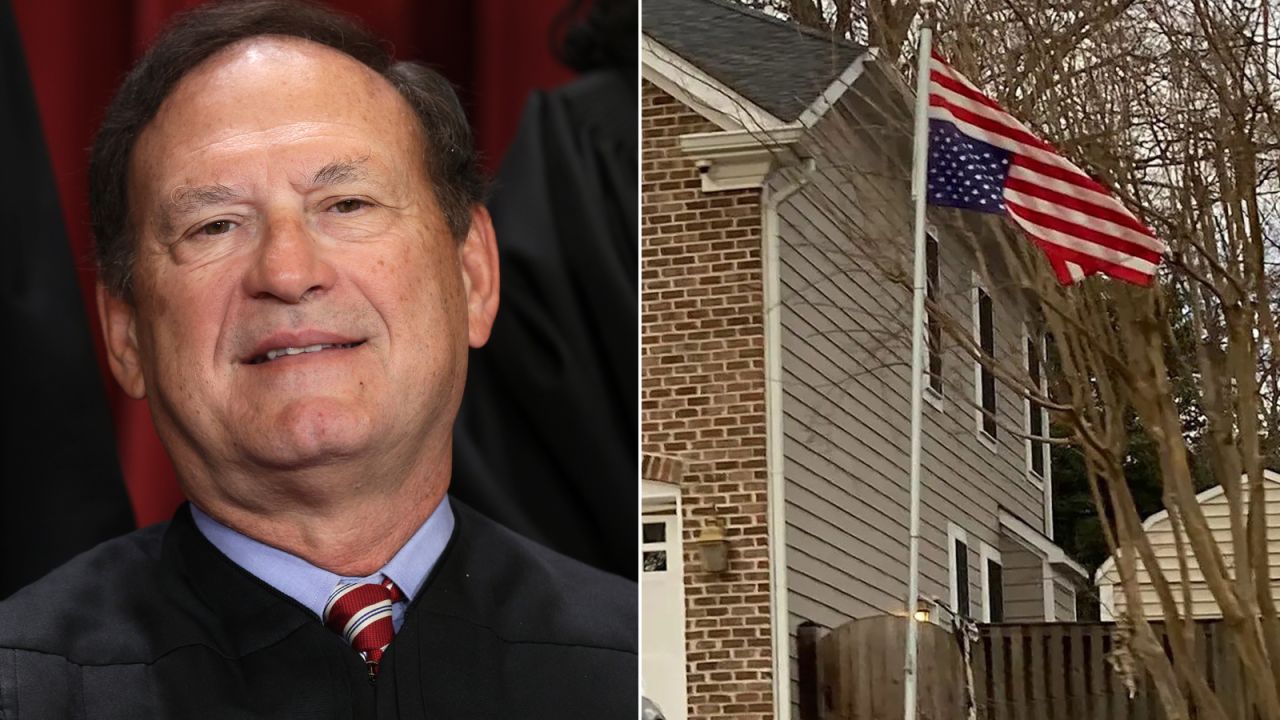It’s illegal for Alito and Thomas to hear the January 6 cases

Jamie Raskin points out (gift link) that both the SCOTUS’s own interpretation of the Due Process Clause, and a freestanding federal statute, legally require Alito and Thomas to recuse themselves, even if the relevant fact finder (in this matter that would be the other seven justices) accepts on its face Alito’s obvious lies about how he had nothing to do with his wife’s public support for seditionists:
The constitutional and statutory standards apply to Supreme Court justices. The Constitution, and the federal laws under it, is the “supreme law of the land,” and the recusal statute explicitly treats Supreme Court justices like other judges: “Any justice, judge or magistrate judge of the United States shall disqualify himself in any proceeding in which his impartiality might reasonably be questioned.” The only justices in the federal judiciary are the ones on the Supreme Court.
This recusal statute, if triggered, is not a friendly suggestion. It is Congress’s command, binding on the justices, just as the due process clause is. The Supreme Court cannot disregard this law just because it directly affects one or two of its justices. Ignoring it would trespass on the constitutional separation of powers because the justices would essentially be saying that they have the power to override a congressional command.
Now, how would a recusal motion get before the SCOTUS in these circumstances exactly?
The Justice Department and Attorney General Merrick Garland can invoke two powerful textual authorities for this motion: the Constitution of the United States, specifically the due process clause, and the federal statute mandating judicial disqualification for questionable impartiality, 28 U.S.C. Section 455. The Constitution has come into play in several recent Supreme Court decisions striking down rulings by stubborn judges in lower courts whose political impartiality has been reasonably questioned but who threw caution to the wind to hear a case anyway. This statute requires potentially biased judges throughout the federal system to recuse themselves at the start of the process to avoid judicial unfairness and embarrassing controversies and reversals.
The thing about the federal recusal statute is that hardcore institutionalists like Garland no doubt consider invoking it some sort of nuclear option, since normally recusal motions are left to the discretion of the judge or justice against who the motion is made. But both the statute itself, and the SCOTUS’s own recent interpretation of the Due Process Clause in this sort of context, are intended to work when normal constraints on judicial misconduct have evidently failed, as they so clearly have here.
And Raskin isn’t merely making some sort of academic point: I think it’s quite possible that, as a practical matter, Amy Coney Barrett, for example, is sufficiently appalled by Alito’s and Thomas’s shameless behavior that she might join the three non-Republican justices to actually apply the law against them in this particular case.
There’s one way to find out, but that way requires Merrick Garland to do his job.


